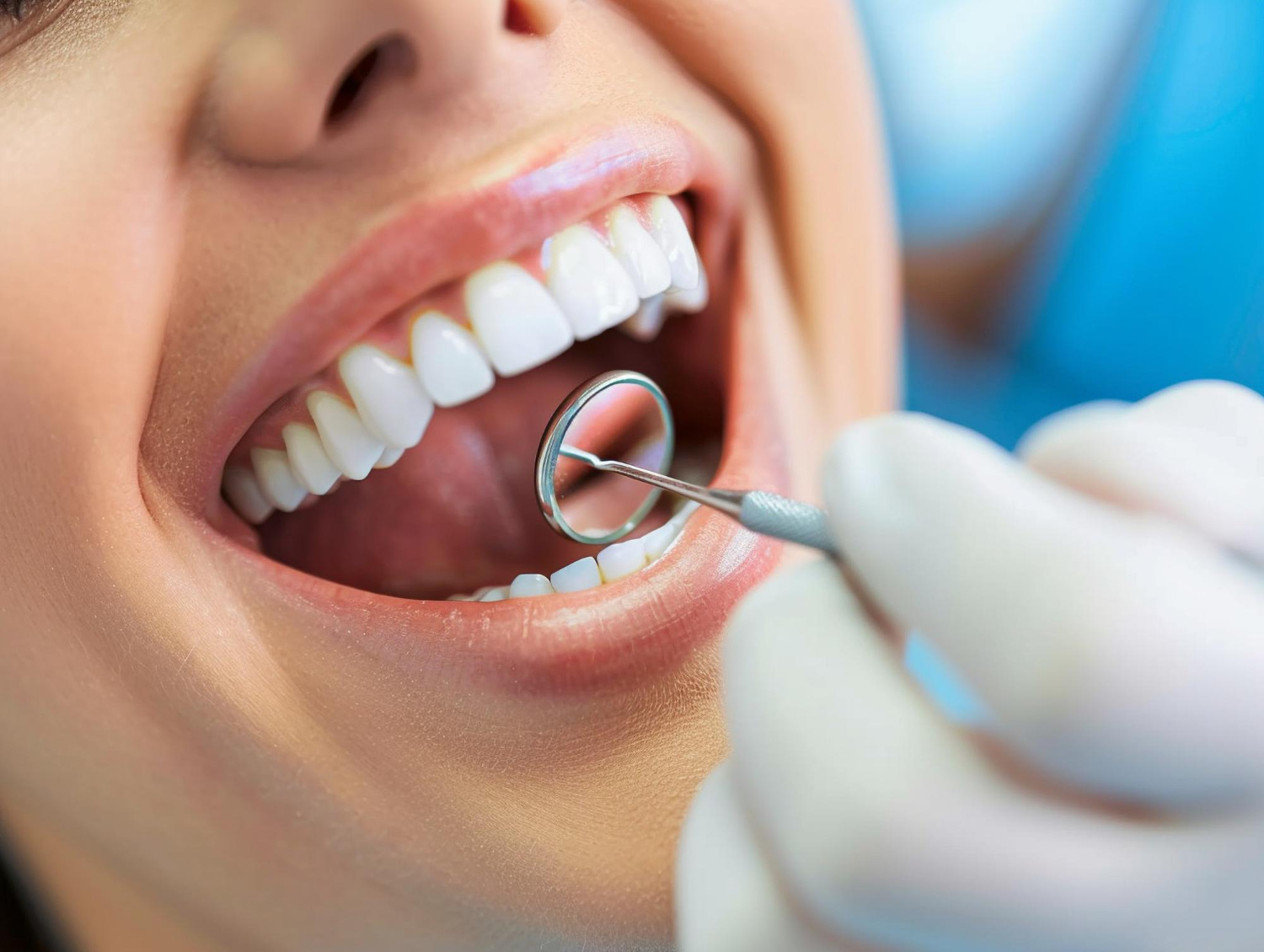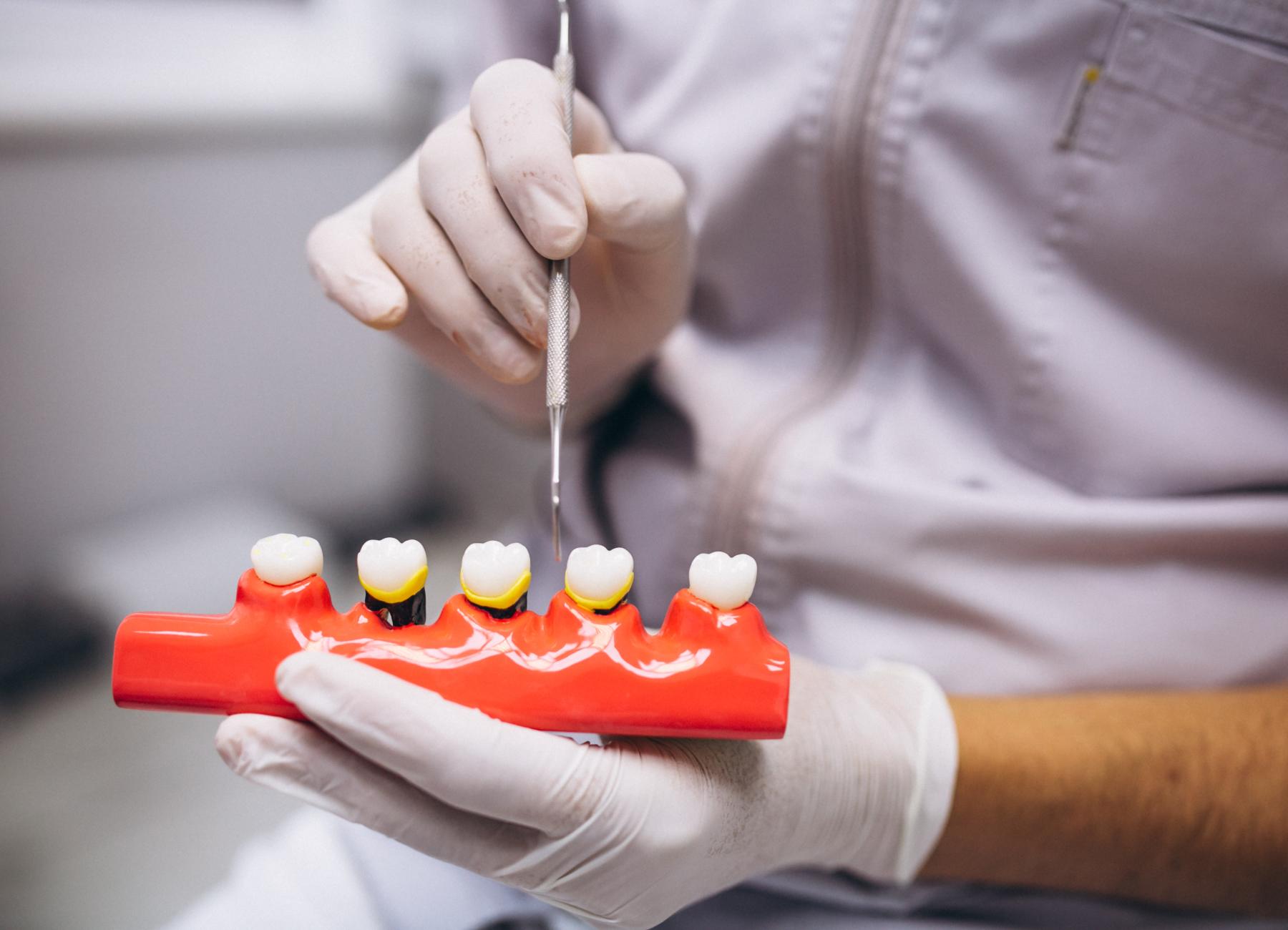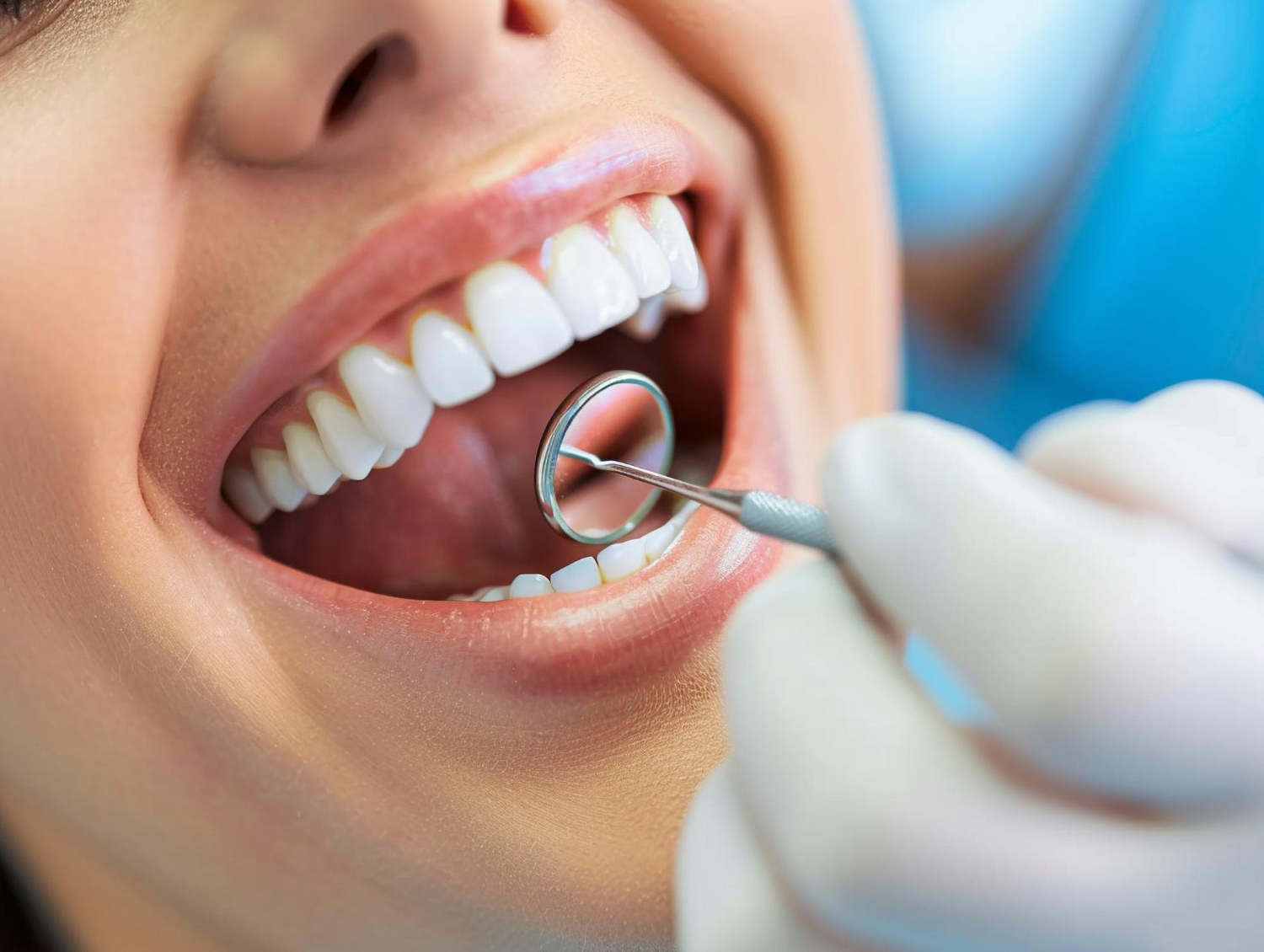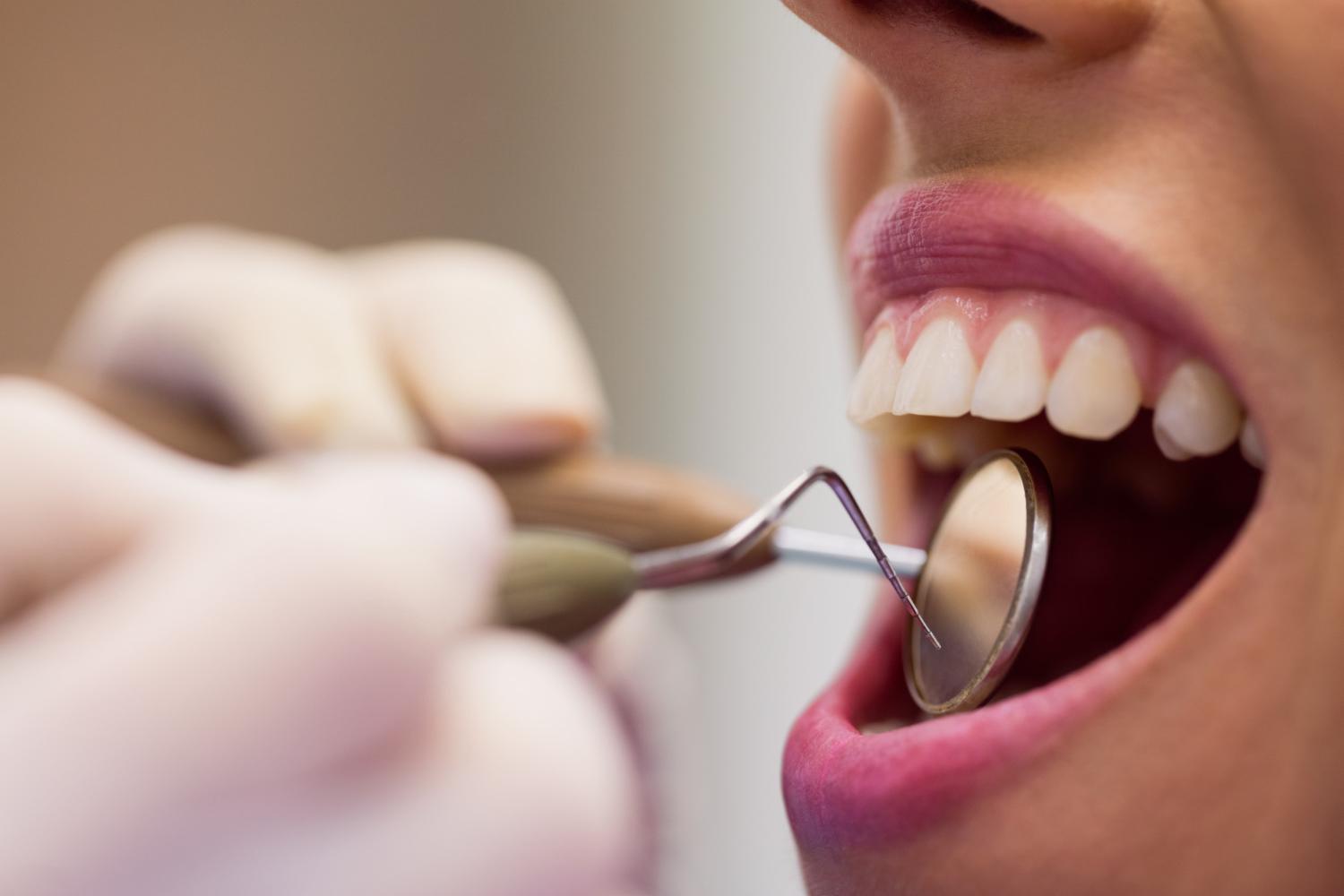Life gets busy, and dental visits are often the first thing pushed aside. Yet teeth and gums have a way of reminding us that they can’t be ignored for long. Whether it’s a small ache, bleeding gums, or sudden swelling, the message is clear—don’t put it off. Certain signs mean it’s time to call the dentist before things spiral into bigger problems.
Routine Checkups That Keep Small Dental Issues from Escalating
Checkups may seem routine, but they prevent small issues from turning into painful, expensive treatments later. During these visits, dentists spot early cavities, monitor gum health, and clean away plaque that brushing can’t reach. Without this care, tooth decay can spread unnoticed until it requires root canals or even extractions.
Regular visits also create a record of your dental health. This timeline allows your dentist to compare changes and catch problems before they escalate. A simple checkup can reveal habits or hidden issues that you might overlook, like grinding teeth at night or enamel erosion from acidic drinks. Preventive care works quietly but makes all the difference over time.

Tooth Sensitivity Signaling It Is Time for a Visit
That sharp twinge when sipping cold water or biting into ice cream is often dismissed as minor, but it’s usually a sign that something is wrong. Sensitive teeth can point to thinning enamel, cavities, or even exposed roots. Ignoring sensitivity may allow these problems to progress into infections or more complex procedures.
Visiting the dentist when sensitivity begins can save you from months of discomfort. Dentists use specialized treatments, from fluoride applications to protective coatings, to strengthen enamel and stop pain. Addressing sensitivity early not only improves comfort but also protects teeth from long-term damage.
Persistent Bad Breath Indicating the Need for Professional Care
Mints and mouthwash may cover up bad breath, but they don’t solve the real problem. Persistent odor often comes from bacteria deep in the gums or trapped between teeth. Gum disease, dry mouth, or infections can all cause unpleasant breath that brushing alone cannot fix.
A dentist can identify the source of the issue and provide solutions like deep cleaning, gum treatments, or advice on saliva-boosting strategies. Taking this step also reassures you socially, removing the worry of lingering odor during conversations. Persistent bad breath deserves more than a quick fix; it needs professional care.
Bleeding Gums Pointing Toward Underlying Concerns
Bleeding gums during brushing or flossing should never be ignored. While many assume it’s just brushing too hard, it often points to gingivitis or early stages of gum disease. If left untreated, these conditions can progress to bone loss or tooth loss.
Dentists can reverse gum problems with proper cleanings, scaling, and improved oral hygiene practices. Early treatment prevents permanent damage and helps restore gum health. If gums bleed regularly, that’s the body’s way of asking for attention—responding quickly can prevent far more serious dental issues.

Jaw Pain and Headaches Connected to Oral Health Problems
Frequent jaw pain or unexplained headaches can actually begin in the mouth. Teeth grinding, misaligned bites, or joint problems in the jaw can all cause discomfort that spreads into the head and neck. Many people treat the pain with painkillers without realizing the dental link.
Dentists evaluate jaw function, check for signs of grinding, and may recommend bite guards or orthodontic adjustments. Addressing these problems improves not just dental health but overall well-being. Jaw and head pain may not always seem dental in nature, but they are often deeply connected.
Old Fillings and Crowns Requiring Timely Evaluation
Fillings and crowns do not last forever. Over time, they can loosen, crack, or wear down, creating gaps where bacteria sneak in. This hidden decay can progress unnoticed until it causes major damage.
Routine dental evaluations ensure that old restorations are still protecting teeth effectively. Dentists may repair or replace them before problems arise, keeping teeth stable and healthy. Paying attention to old dental work avoids emergencies and extends the life of your natural teeth.
Stained or Discolored Teeth Benefiting from Clinical Cleaning
Stains build slowly, and over-the-counter whitening often cannot remove them. Coffee, tea, tobacco, and certain foods leave marks that only a professional cleaning or whitening treatment can address. While stains may not always hurt teeth, they can affect confidence and make smiles appear unhealthy.
Clinical cleanings polish enamel and reach deep areas that home care cannot. Dentists also provide whitening solutions that safely brighten teeth without damaging enamel. Restoring natural color doesn’t just improve appearance—it reinforces oral hygiene by encouraging better care habits at home.

Unexpected Swelling That Should Not Be Ignored
Sudden swelling in the mouth, gums, or jaw usually signals infection. These infections can spread quickly, sometimes beyond the mouth, and create dangerous health risks. Waiting to see if swelling goes away often leads to more pain and costly emergency care.
Dentists treat swelling by addressing the infection directly, whether through drainage, antibiotics, or root canal therapy. Early intervention prevents complications and relieves discomfort faster. Swelling is a clear signal that immediate dental attention is necessary.
Don’t Put It Off—Call Smiling Creek for Dental Care Before It’s Too Late
Oral health problems rarely fix themselves, and ignoring the early warning signs almost always leads to bigger issues down the road. Toothaches become infections, bleeding gums develop into gum disease, and small cavities can turn into painful root canals. That’s why the message is simple: don’t put it off—call Smiling Creek before discomfort turns into a dental emergency. Our skilled team is committed to catching problems while they are still manageable, helping patients avoid unnecessary pain, costly treatments, and time away from their daily routines.
Beyond fixing what hurts, we also focus on preventive care, ensuring your teeth and gums stay strong for years to come. With the right attention, your smile can stay bright, healthy, and free from the stress of unexpected dental problems. Don’t let small issues grow into serious conditions—make the choice today and contact us to give your oral health the professional care it deserves.




















